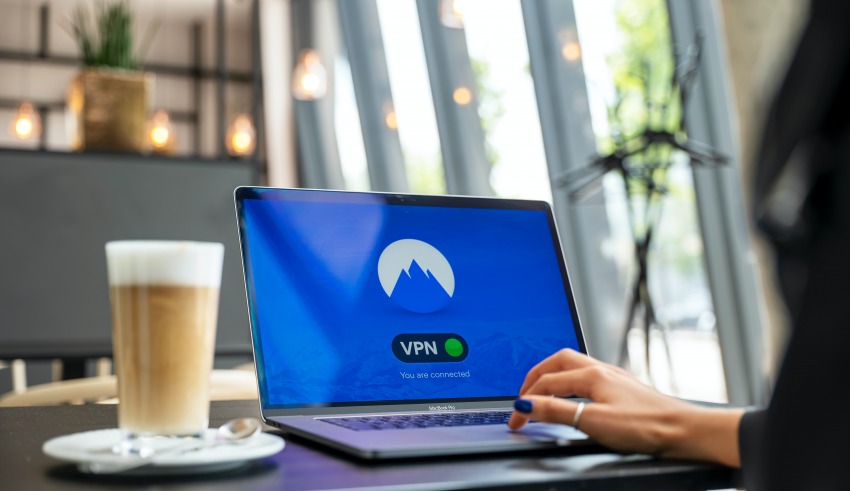
The internet is highly beneficial but with connectivity, the associated risks also go up. There can be all sorts of security and privacy issues that can compromise the health of your devices and even affect your mental health.
Thankfully, there are tons of tools out there that can protect you in an online world. As the number of tools is a lot of tools, one can become confused when making the ultimate choice. This guide will help you decide which privacy tools will work the best for you.
What is a VPN?
A virtual private network or VPN for short creates a secure tunnel leading from your device to the host server. It encrypts your communications. The tunnel keeps things private as the data is encrypted and decrypted at the ends of the tunnel making your online excursions private and secure.
Uses of a VPN?
If there is a threat of data theft or identity theft, A good virtual private network tool can help keep everything anonymous. Your DNS requests are safe so any prying eyes will never know which websites you accessed.
When you use the DNS server of your internet service provider or ISP, the data can be safe or unsafe depending on the type of security the ISP is using. A VPN will:
- Encrypt your data between your device and the target website
- Make your device’s IP address untraceable
- Hide your browser’s DNS requests
- Hide your online activities
It is different from the incognito or in-private windows on a browser which only removes the information from your local device. A 3rd party can easily eavesdrop, spoof data, and even threaten you if they access the information.
When is a VPN Not the Right Solution?
If you’re accessing a local website or if your businesses are working on a server that does not allow access from any other geographical location, a VPN solution might fail to provide any help as the virtual network will be different from what the host server is expecting and the server might refuse the connection.
Similarly, some websites charge a different amount depending on where you access the website from. Banks, some streaming services, review services, and other such geographical services will not allow a VPN to access their servers.
What is a Firewall?
A firewall is a security tool that filters the traffic coming in and going out of a device or network. Firewalls can block or open ports, block or allow IP addresses, or control communications using content filtering.
This helps prevent unauthorized or malicious comms. Firewalls can also bring extra services to the table including proxying, NATing, malware identification and filtering, spam detection, and filtering, etc.
Uses of a Firewall
Just like when vetting information from external sources, a firewall must be used whenever there are doubts about the security and privacy of a network. A firewall can be used between a device and the network, the network and the external network, and at the point where the network merges with the enterprise’s network. Check out this list of best free computer firewalls.
Benefits of a Firewall
A firewall is highly effective and controls communications. Some of its top benefits include:
- Unauthorized access blocking
- Communication filtering
- Blocking off Malicious transmissions
- Isolating a private network
- Staying secure on a public/untrusted network
- Reduce hacking events
- Blocking off any spoofed traffic
- Enforcement of network security policy
Also, firewalls can be physical or software-based depending on the type of requirements. A physical firewall is more difficult to bypass than a software-based one.
So, Do You Need a Firewall, a VPN, or Both?
As you would know by now, both VPNs and firewalls serve very different functions. Where one keeps the connection anonymous and private, the other is more like a fine filter that only allows specific traffic to pass through and blocks any unauthorized movement.
There is another solution that brings the best of both worlds. A unified threat management (UTM) solution can handle both the Firewall services and the VPN services in an easy-to-use interface. UTMs are generally cheaper than buying a VPN and a Firewall service so they can suit small to medium-sized businesses.
While a universal solution might be attractive UTMs can also be compromised, so it is best to look for separate solutions if your organization is dealing with sensitive data and you value privacy and security.
You could implement a hardware firewall and a software VPN service for best results or create a software firewall and keep the connection private physically. This adds a layer of physical security and these solutions are widely being used in banks, government organizations, and other such places where data is highly sensitive.
Having a VPN makes sure that your online time is both safe and private while using a firewall will keep you safe from unwanted content. Both offer very different types of security and safety and must be used in combination for best results.